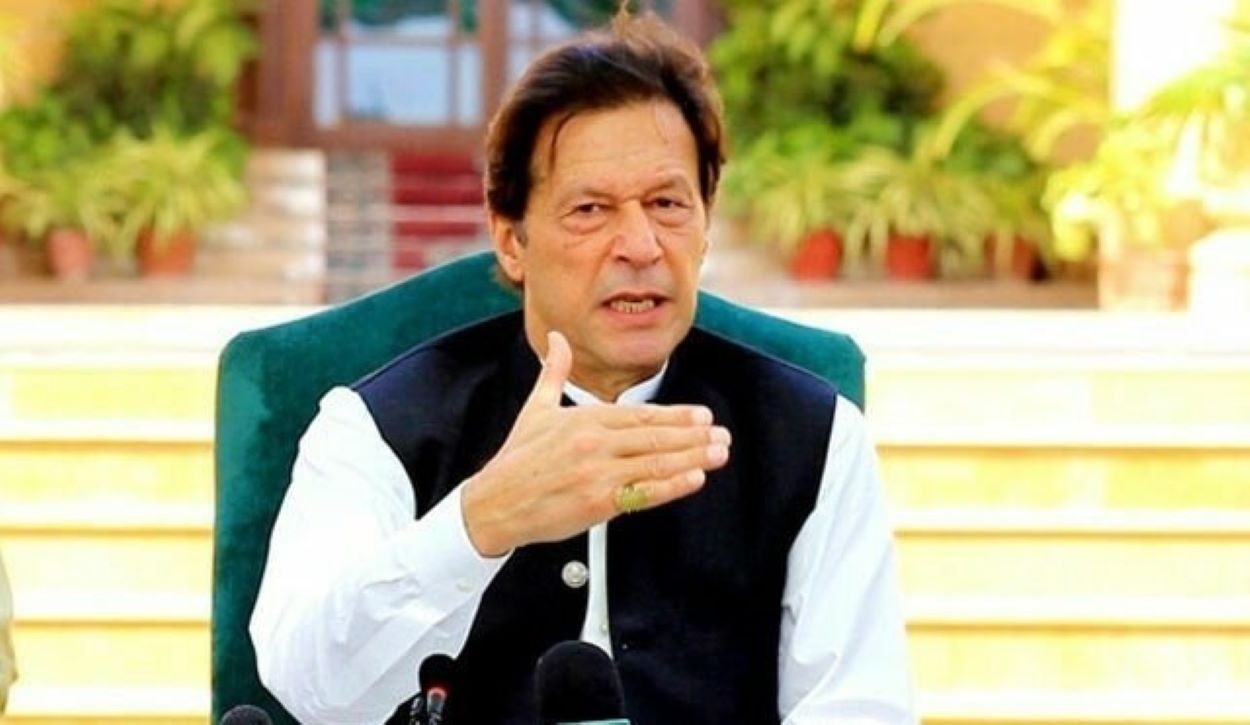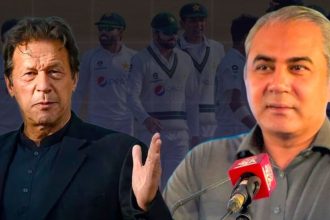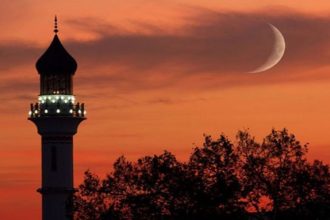Former Prime Minister Imran Khan criticized the Punjab government for imposing Section 144 of the Criminal Procedure Code (CrPC). He claimed this move aimed to hinder Pakistan Tehreek-i-Insaf’s (PTI) political activities.
Khan expressed concerns after attending legal proceedings involving GBP190 million, Toshakhana, and cipher cases. The accountability judge, Mohammad Bashir, postponed Khan’s indictment in the £190m case due to the absence of his defense counsel. Meanwhile, the cross-examination of four witnesses concluded in the cipher case.
Khan accused the caretaker government, some establishment members, and the Election Commission of Pakistan (ECP) of opposing PTI. He asserted PTI’s strong support base in the armed forces and vowed to resist any attempts to suppress the party. Criticizing the pre-poll arrangements, he suspected foul play in the upcoming February 8 elections but remained confident in public support. Khan focused on ensuring free and fair elections, dismissing any possibility of political deals.
Khan’s Strategy and Legal Proceedings
Regarding Section 144, Khan believed it responded to his call for large-scale PTI meetings, suspecting government attempts to disrupt their campaign. He implicated Nawaz Sharif, linking it to PML-N’s lacklustre public gatherings. Khan revealed PTI’s contingency plans for disruptions to their candidates’ campaigns. In a related legal development, the Islamabad High Court (IHC) reserved judgment on Khan’s petitions regarding his trial. His counsel argued against the trial’s legality, while the Attorney General maintained its validity.
ECP’s Role in Political Processes
The ECP decided not to proceed with contempt charges against Khan until after the elections. During the hearing, PTI’s counsel argued for adjournment due to the elections, claiming ECP bias. The Commission, however, denied any favouritism. The council also contested the ECP’s decision on PTI’s intra-party polls and election symbol, suggesting readiness for re-election under ECP supervision. The hearing was adjourned to February 20, with further discussions on the contempt case against Fawad Chaudhry delayed until February 21.






